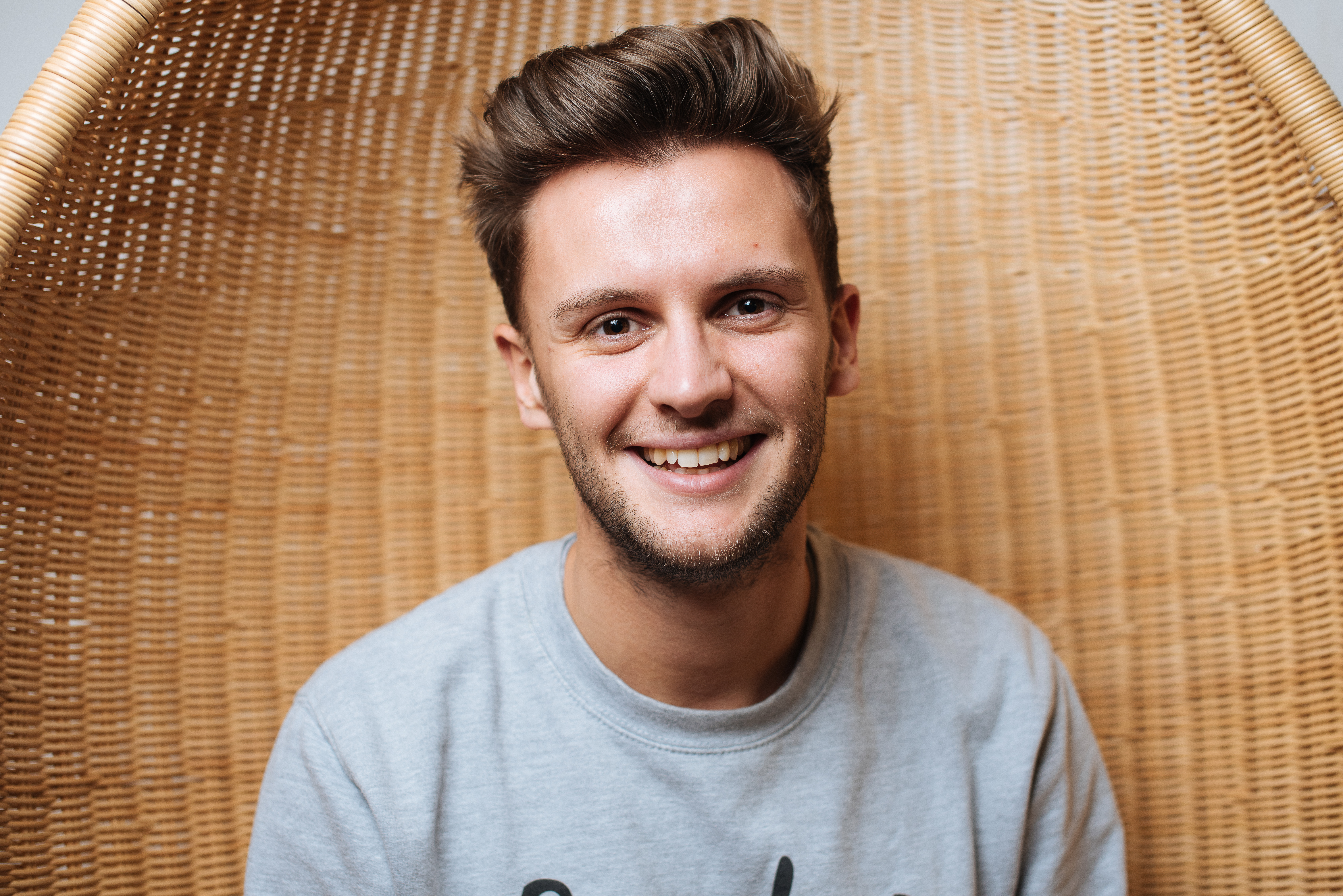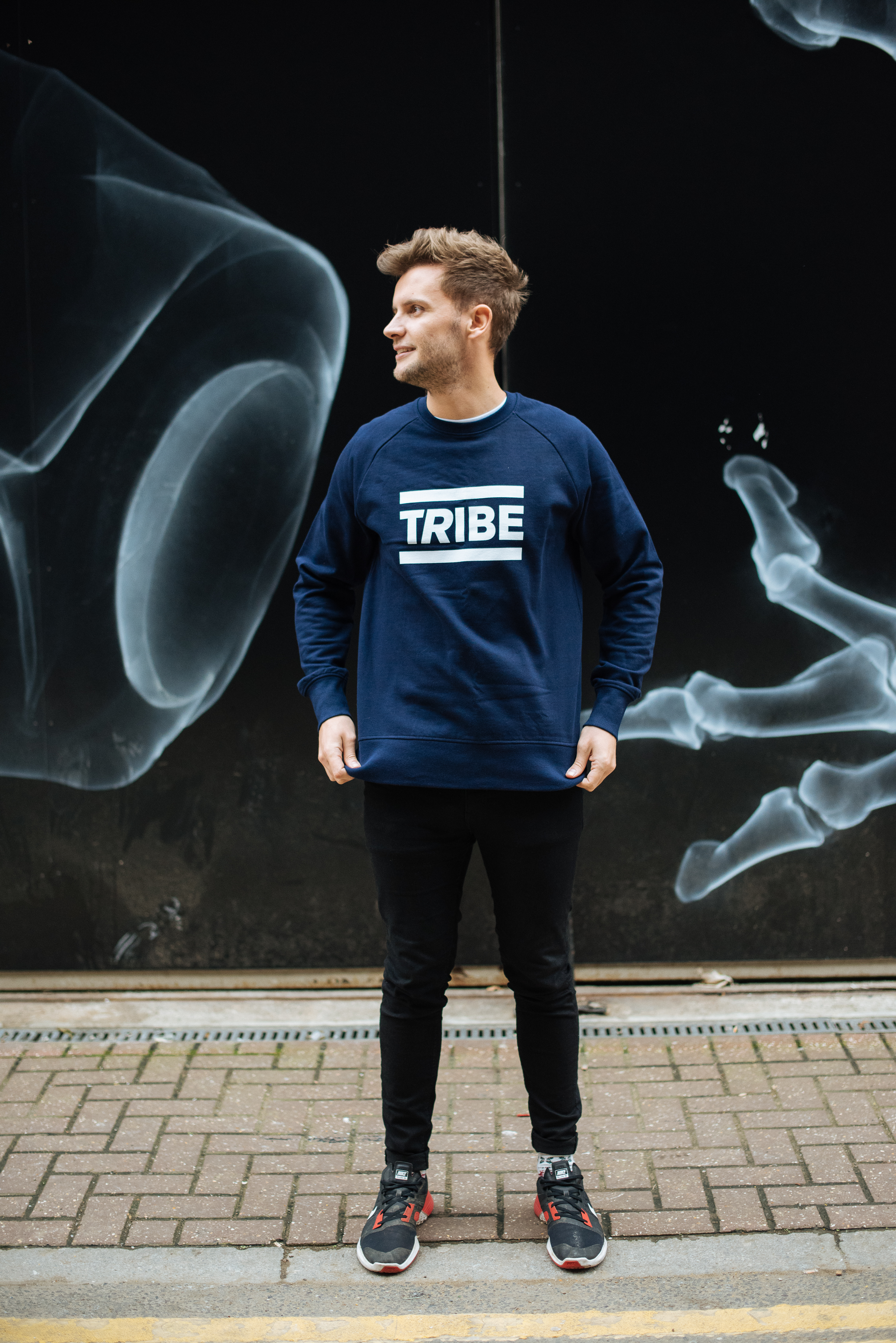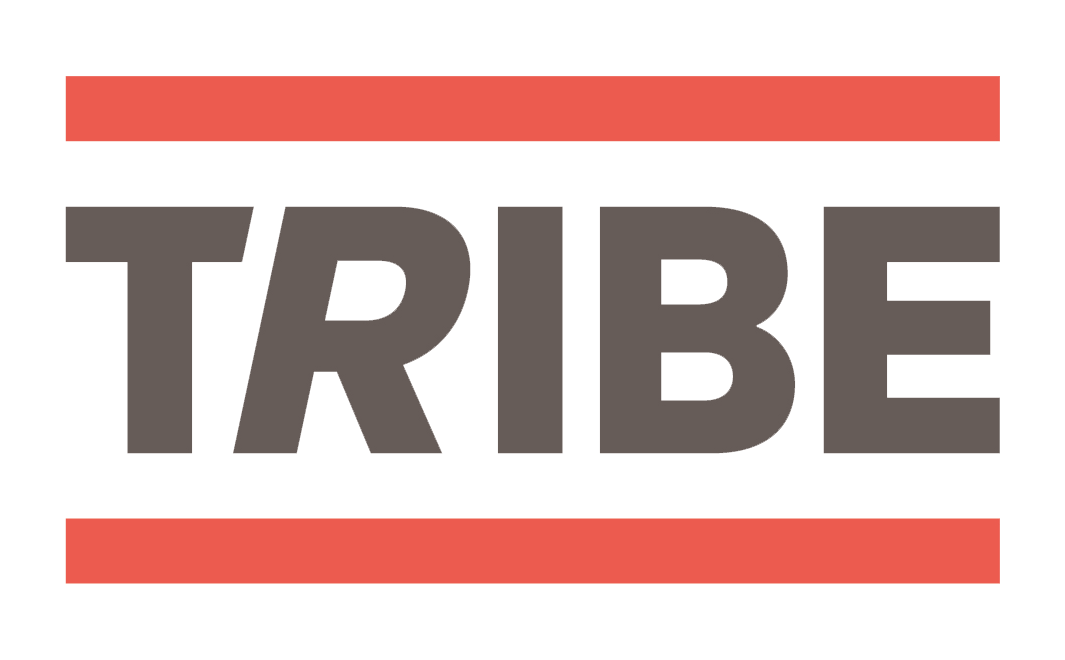We believe in the idea that making small changes can help us perform better and be happier. The 10% Project is our challenge to each other - the TRIBE community - to improve each day. This is a piece from the TRIBE 10% Project Book - a collection of personal journeys that inspire us. Real TRIBE people telling stories about how small changes in nutrition, lifestyle and training have helped them change their lives. James Routledge, Founder of Sanctuc (a.k.a the Nike of mental fitness) and TRIBE footballer since 2016, talks about what mental fitness means to him.
I first met Tribe last year through sharing an office with them. I’ve been inspired by the community they’ve built and loved the founder’s story too. I’m a 26 year old founder of my own company too, building a similar brand & community but for mental health.
Sanctus, our brand, inspires people to work on their mental health, and as we like to call it, their mental fitness.
What does mental fitness even mean?
Well first of all you have to acknowledge that you have mental health, yes, you do, we all do – I certainly do.
That’s not an admittance of weakness or a sign of vulnerability, it’s just an appreciation that we’re all human, we all have minds, feelings and emotions. Thus, we all have mental health.
Now that’s over with, we can get on to the subject of mental fitness.
It’s a subject I’m still coming to terms with to be honest. Initially, mental health for me was only connected to a period in my life where I struggled with anxiety. My view on mental health was narrow and in many ways dark and painful.
It was only when I started speaking openly to people about mental health that I felt another feeling that wasn’t anxiety, self-doubt or the myriad of negative mental emotions I’d been used to.

I began to feel connection; connection to myself, to others and to the world around me. Admittedly, I’m not quite sure whether I’d class that feeling as mental fitness, but it definitely felt like I was reaching a more positive end of the mental health spectrum.
Joy, empathy and self-awareness began to enter my mental vocabulary. Anxiety and self-doubt weren’t replaced, just like injury and sprains don’t go away, but the mindset shift was significant.
I took the simple notion that we all have mental health and we could treat it like our physical health. We could work to improve it, strengthen it and work out what exercises work for us to nourish it. That way, I’d grow stronger, fitter and do my best to prevent as many other mental health issues as I could.
The journey of self-introspection has been long and hard; therapy, coaching, meditation, mindfulness, yoga, journaling, group therapy, floatation tanks, new working patterns, new exercise regimes and different diets.
That’s to name just a few of the things I’ve tried to work on my mental health and journey towards mental fitness.
Some things I’ve continued and practiced consistently (creative writing, journaling and coaching). Others, I’ve tried, learned something about myself and dropped.
Just like in our physical health, there are no silver bullets or quick fixes. You don’t get a mental six pack over night as they say, and life, as we all know, is a marathon, not a sprint. So journeying towards a state of positive mental health is a constant process of trial and error, especially when life continues to throw curve balls at you.
As you may have insinuated from my ever so slightly sarcastic tone, mental fitness is not about happiness either. A constant state of happiness is utterly impossible and as British as I am, being “fine” all the time is also absolutely unachievable too.
To me, mental fitness is about being connected to yourself and then genuinely being yourself in relationships, in the workplace and in the world around you.
For me, journalling was my first 10% step on that long road. I grabbed a blank journal and just started writing. I used it as an outlet for my thoughts and for the first time I began to open up to the non-judgmental white space. Over time, I built the confidence and the understanding to open up to those around me, that’s what lead to the whole-sale changes in my life, but journalling was the first 10% of that big step.
Those changes to get to a state of improved mental health can be as small as 10%, like going to that first coaching session, writing that first journal entry or trying out meditation. Yet the results can often be exponential.

Photos by the fantastic Tom Price
